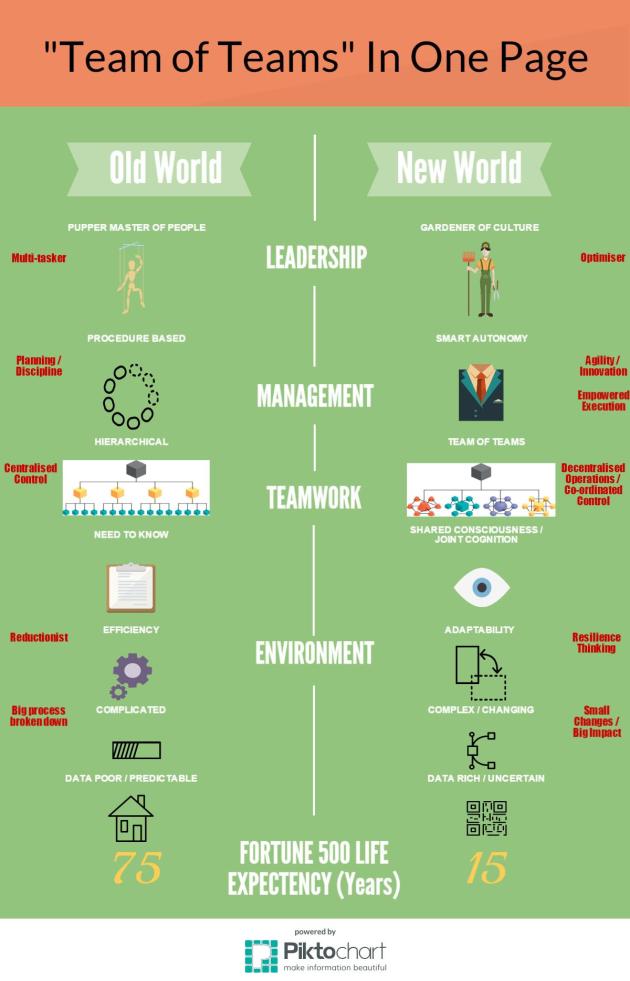I recently read “Dealing With China” By Henry “Hank” Paulson – a fantastic read that I’d go as far to say is essential reading for anyone wanting to do business in China.
I’ve read a million “How To Do Business In China” books. Most I’ve found either too anecdotal or too theoretical. Paulson’s book’s strength is in its ability to draw lessons from (very high level) deals with which he’s driven in China.
There are a few lessons I’ve learned which I’ve adopted into my negotiations with Chinese counterparts (an essential part of my position)
Decision Processes Involve Many
Spread your efforts wide. Paulson found this the hard way with his early Shanglong deal. As he says, “…many officials could approve a deal, but it took only one well-placed official in a consensus-ruled system to kill it”
I’ve found that actively managing relationships in Australia and China is critical. All needs need to be met by each division in each country. Failing to do this will make your efforts fall flat in a second.
Uncover Hidden Reasons
This is tricky. Hank Paulson found that until getting an accurate gauge of what China was after as a country, and how that could apply to what he was doing, his efforts might fall flat. He worked at a level where he needed contacts that understood the higher priorities of China’s leaders and the policies that were being put in place.
Vice Premier Zhu Rongyi was pivotal in brand new IPOs. He wanted Bank of China to have a successful IPO. Having a successful IPO specifically on the New York Stock Exchange held little value. Paulson changed his approach when he realised this underlying motivation.
Although not quite to that level, I’ve found that by uncovering KPIs, reasons and motivations of my Chinese counterparts, I’ve achieved a lot more, and got much better traction with my deals.
How do you do this? Get to know your client in informal settings. Take them to dinner, to banquets. You won’t get the hidden reasons in a couple of meetings at their office.
Patience
It’s a cliche yes, but patience is the key. Paulson’s take on China is that it does need to change a lot about its policies and practices, but as Westerners, we need to be patient. This is a country that did not have the industrial revolution. It is a country that has been an economic miracle. If the country comes to a halt, China will fall over pretty quickly, and we need to acknowledge this.
I’ve often been frustrated that things for me haven’t happened as quick as I’ve liked. I’ve wanted the whole deal at the start and come back with nothing more than vague next steps. But being patient, being a good listener, being a good supplier to the Chinese reaps rewards eventually.
I’m convinced that Western business is what can do for them whereas China is about who you are for them. Best friends aren’t formed overnight. Build relationships – it will one day be worth it.

